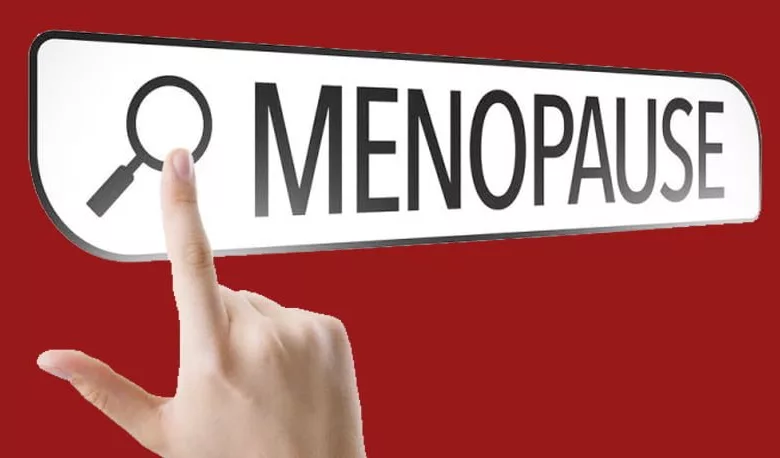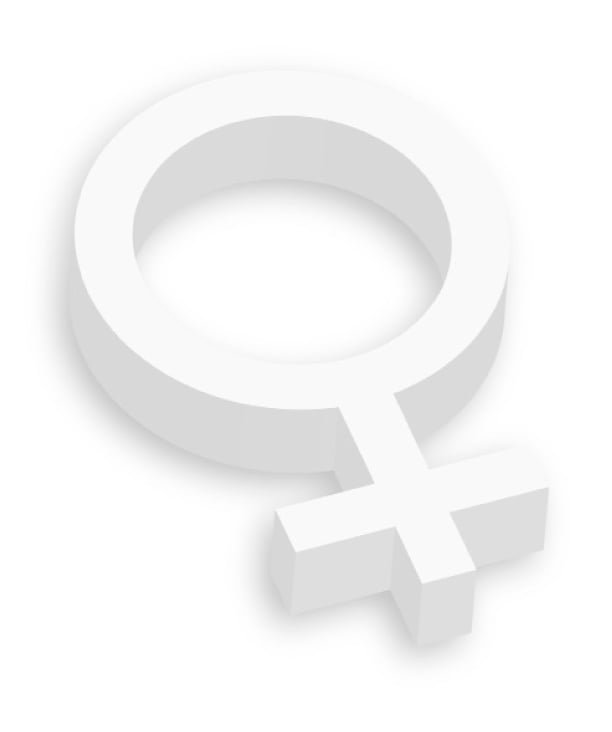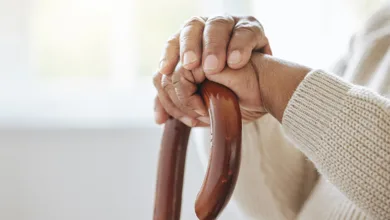MENOPAUSE: A Natural Time in a Woman’s Life

 By definition menopause means that no menses have occurred for a full 12 months. Ovarian function in women decreases over time with the waxing and waning of hormone production generally between the ages of 45-50. Menopausal symptoms generally start during this time even if the periods are still occurring. When the ovaries stop producing estrogen and progesterone, the menses stop with the average age being 51 years.
By definition menopause means that no menses have occurred for a full 12 months. Ovarian function in women decreases over time with the waxing and waning of hormone production generally between the ages of 45-50. Menopausal symptoms generally start during this time even if the periods are still occurring. When the ovaries stop producing estrogen and progesterone, the menses stop with the average age being 51 years.
Symptoms of menopause are well known, with the earliest generally being sleep disturbances and frequent awakening during the night. The awakenings may or may not be associated with hot flashes and night sweats. However, sleep disturbances can affect energy level and daily productivity. Hot flashes are waves of heat that usually starts in the chest and moves over the neck and face. Hot flashes and night sweats can be infrequent and manageable, or frequent and poorly tolerated.
Many women describe having symptoms of anxiety and depression in the transition to menopause. In addition, trouble concentrating, a decrease in short term memory, and “brain fog” are often reported. These may be related to sleep disturbances or to the decrease in estrogen.
Definitely related to the lack of estrogen in menopause are vaginal dryness and bladder issues. The vaginal, vulvar, and bladder tissues often become thin, dry and uncomfortable. Some women can experience an increase in vaginal and bladder infections, urinary incontinence, as well as painful intercourse.
Menopausal symptoms occur to some degree in 85% – 90% of women, and generally last for 2-10 years. If they are tolerable and not interfering with a woman’s ability to function, no treatment is needed. However, multiple options are available to treat unmanageable menopausal issues. The most common treatment is hormonal therapy.
Hot flashes, night sweats, sleep disturbances, vaginal dryness, emotional issues, and brain fog, usually will improve with estrogen therapy.
If a woman has had a hysterectomy, estrogen alone can be taken. Women who still have their uterus, need to take progesterone as well as estrogen to prevent uterine cancer. Hormonal therapy presents a low risk in most women. However, women who have had breast cancer, blood clots, stroke or heart attack generally should not take systemic estrogens. Systemic estrogens are available in many forms and dosages including oral, patches, creams and gels, vaginal rings, and injectables.
Multiple estrogens are also available to treat vaginal and bladder symptoms and come in the forms of estrogen creams, tablets, and rings. There is also a new oral therapy for vaginal dryness which is a daily hormonal pill but not an estrogen. These therapies are effective and considered safe.
For women who cannot or do not want to use estrogens, antidepressant therapy can help with hot flashes, sleep and emotional issues. Natural remedies can also help some menopausal symptoms.Black cohosh, soy products, and oil of primrose have been reported as helpful by some women. Remaining active, socially engaged, and exercising regularly can aid with symptoms and bone health.
Remember menopause, inconvenient that it is, is a natural occurrence as women age. But you are not alone and there are treatments available to help you to feel like yourself again.






